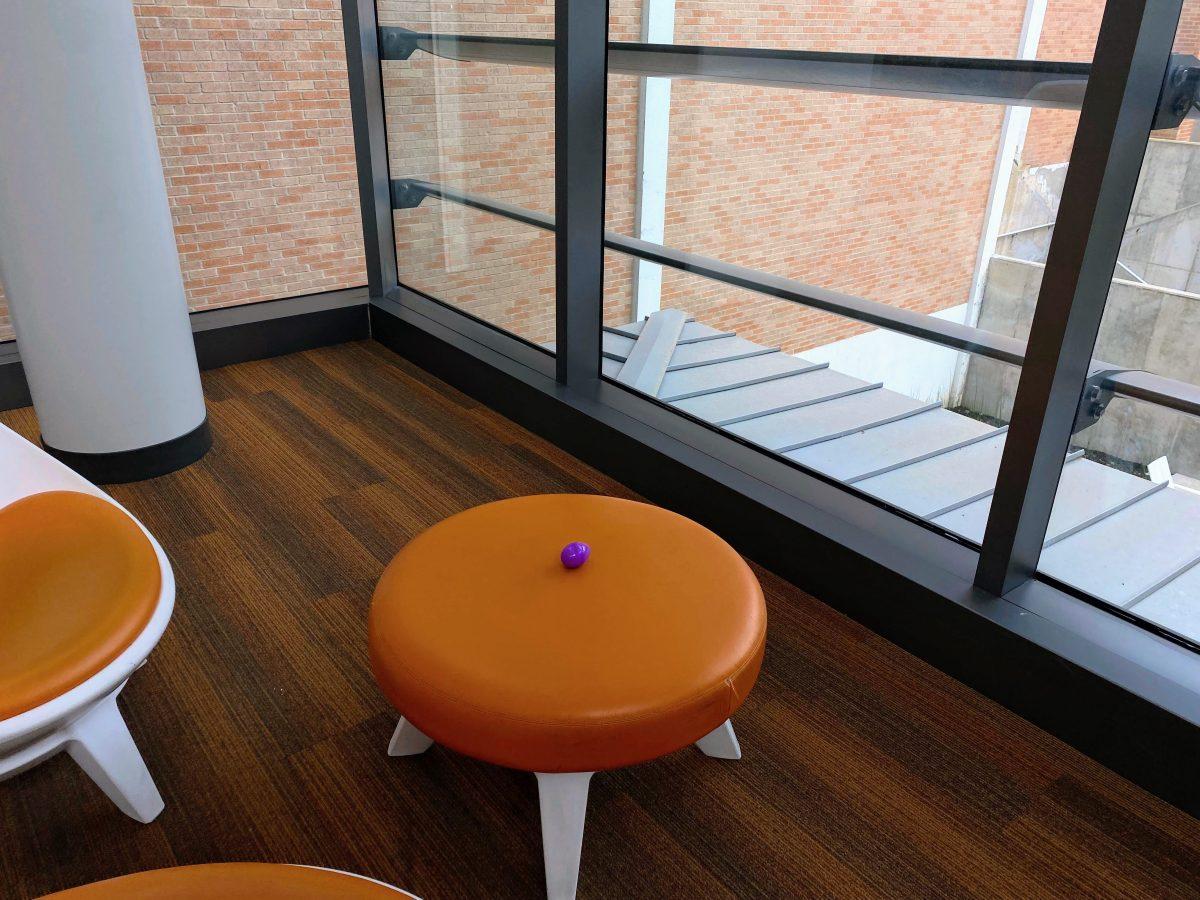
With the number of changes that continue to occur with the coronavirus pandemic as well as the end of the first in person semester since the pandemic, being informed and having a plan is important when moving forward. As a result, associate vice president of Student Affairs Dr. Andrew Miller held his weekly press conference on Monday, Nov. 1.
Although positive cases still continue to occur on campus, the level of transmission on campus and surrounding counties continues to decrease.
“Sam Houston had a total of four covid cases reported using the campus reporting tool, which is the lowest we had since August,” Miller stated. “Last week the campus was at moderate transmission as well as in Walker County and Montgomery County, which indicates that the virus overall is declining.”
Last year during this time of the year, there was an increase in the number of cases that were positive. As people continue to follow protocols, like getting vaccinated, it seems that this year will not follow the same trend.
“The data suggest we will continue to see declines for the remainder of the semester,” Miller explained. “Last year we started to see an uptake in cases around this time, which is not happening now.”
Since the approval of a third booster shot for people who received the first two doses of Pfizer and Moderna, people should think amongst themselves if the booster is necessary for them to receive.
“We published some information around booster shots and recommendations about who may want to consider getting a booster shot,” Miller said. “Generally speaking, for most of our student population, a booster shot is not necessary given their age and health status. Unless of course they have underlying medical conditions, which in that case, they would be advised to consult with their doctor to see if a booster shot would be necessary.”
With final exam season approaching, many students are feeling the pressure of attempting to finish this part of the school year successfully. With continuous periods of stress, feelings of depression or anxiety are common among students.
To assist students with these emotions, the university offers resources to help students navigate through these times.
“We really encourage students to utilize the counseling center’s helpline if they’re struggling, which is available Monday-Thursday from 4-9 p.m.,” Miller said. “We also have a lot of wonderful workshops around managing your emotions, dealing with sadness, dealing with anxiety.”
This semester was the first one since the beginning of the pandemic where the campus was open at full capacity. With the fall semester coming to an end, the university will continue to monitor levels of transmission and positive cases in order to help keep bodies on campus safe during the ongoing pandemic.
“We will continue to monitor the situation over the holiday breaks, we want to make sure we don’t have any surprises, so we will continue to be monitoring state level and university wide data,” Miller explained. “We’ll continue with the waste water testing in the residency halls as that gives us a good background and sense of how the virus could be moving, even in people who aren’t getting tested.”
Going into the next semester, students and faculty should plan ahead as to what their best course would be during life in the pandemic.












